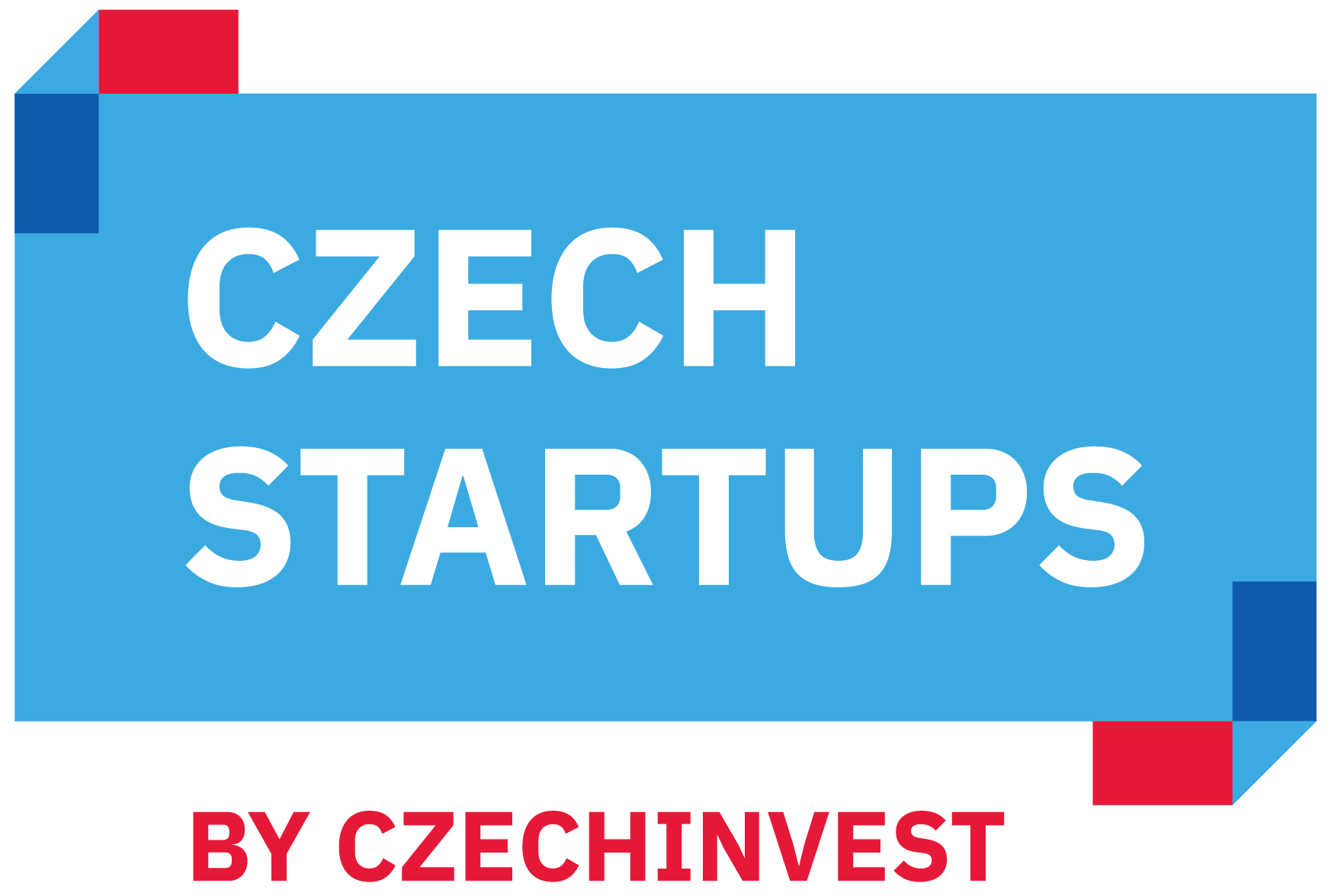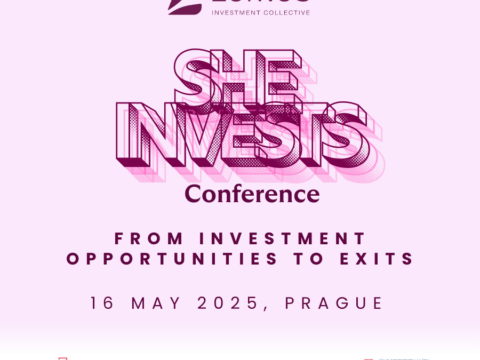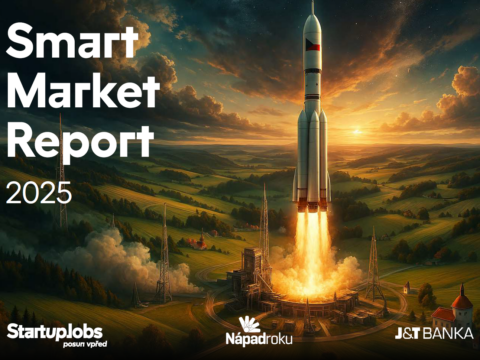Marketa Prenosilova has been working in the startup environment for more than 15 years and knows that supporting startups internationally is very important. The startup world has no borders. This was one of the reasons why last year (2022) the Europe Startup Nations Alliance (ESNA) was established, bringing together representatives from 9 European countries. From Portugal, across the Czech Republic to Bulgaria.
Europe is made up of dozens of countries, and each country has its specificities. Different country sizes, different opportunities, different economies. The main visions of ESNA, headed by Chairwoman Marketa Prenosilova, are to share “best practices”, to speak Europe-wide, to talk about startups at all levels, and to bring global awareness.
What makes ESNA different? We talked about it with Marketa, the European Startup Ambassador, ESNA Chairwoman, founder of portal CzechStartups.org, and startup expert at CzechInvest.
1) Let’s start from the beginning. Startups. 15 years ago almost nobody knew that word, today it is a well-known concept. How do you perceive the development of startups?
15 years ago, here in Czechia was pretty much just one innovation center in Brno and one international accelerator in Prague, no such thing was taught in schools. The first startups were created in our country and experienced their first successes. The only one we could consider a unicorn was AVAST, which was founded in the 1980s. Only a small community of early venture investors talked about investing in startups. Since then, the ecosystem has evolved in our country – we have 3 unicorns now, the most recent of which, ProductBoard, was valued at $1.725 billion. So has Rohlik. cz, in which over five billion crowns were invested last year. Last year, 200 investments were closed (note: according to the Mavericks study).
Czechia has a lot to offer – from quality infrastructure (over 50 innovation centers and incubators) to a highly skilled workforce (there are more AI graduates in Prague or Brno than in Montreal, for example, which is considered an AI supercluster) to a still relatively low cost of living compared to Western Europe. Of course, there is still room for improvement.
2) And how does Europe compare to the world?
If we are talking about Europe, it is a bit behind compared to regions like the US, Singapore, Israel, or China. At ESNA, we did a comparison of EU countries last year – how are they doing in terms of startup-friendliness (note: download here https://esnalliance.eu/standards/)?
Although Europe has the highest number of startups in the world (almost 250k startups) compared to other regions or countries (In the US the total number of startups is 231k, in Israel 9.1k, in Singapur 7.2k), it lags behind these regions in all indicators such as the number of unicorns, number of startups per capita, amount of venture capital, estimated value of startups, etc. The number of unicorns per capita is 3.87 in the US but only 0.57 in Europe! In Europe, we can find different speeds of development and maturity of the startup ecosystems, where, countries like Estonia, Denmark, or Lithuania have better performances. Countries in the EU have room to improve in areas like the legislative and regulatory environment. In the Think Small Principle indicator, not even half of the EU countries meet all the conditions. There is an uneven distribution of investment and perhaps even a network of business angels. Talent drain. These are just some examples.
3) The establishment of ESNA was the icing on the cake. What preceded it?
In March 2021, the member states (and Iceland) signed The Startup Nations Standard Declaration, a document describing 8 key themes to improve the business environment for startups in Europe to be more successful, i.e. more competitive. The different points were put together by experts, entrepreneurs, but also investors, and people from incubators and governments across Europe.
In order not to leave it at the document itself, during the Portuguese Presidency of the Council of the EU, it was decided that an entity must be created to support the implementation of these standards, to coordinate everything, and to help make a real difference. And this was also a demand from the market – that there should be one central place to turn to, which would also promote the topic of a startup at both European and national levels. And so the ESNA – Europe Startup Nations Alliance – was created.
4) ESNA is an independent agency that builds a community on an international level. Tell us more about it.
ESNA is an entity, with an European scope, based in Lisbon and funded by the Portuguese government together with the European Commission. Czechia, through the CzechInvest agency, was among the first countries to join, along with France, Spain, and Portugal of course, but also Slovenia and Austria, which certainly shows that Czechia wants to be among the innovators. ESNA aims to bring together actors from the Commission, national governments, and the national business authorities of each EU country. In practice, this means supporting individual countries in achieving standards, sharing best practices, providing technical support to countries in implementing changes, supporting their efforts to become a “startup nation”, proposing common policies to support startups, monitoring progress through an open digital platform and building a strong European brand in the world. But it is not another association or institution that gives grants, investments, or supports startups directly.
Of course, the first thing we had to do was to do a benchmark to see how the conditions are in each country. Also, people were nominated to the agency’s bodies such as the Presidency Board, where I am the chair or the General Assembly. At the moment we are in the process of selecting the management – that is, the Director of the organization, the Chief Financial Officer, etc. So far, there is one person in ESNA who is in charge of the legal and administrative start-up of the agency (note: Arthur Jordao) and members of the Presidency Board – which is a non-executive body. We are trying to get other countries that have signed the declaration to join as soon as possible, and we are also working on the so-called Tech Talent Service Desk – which has been chosen as one of the strategic projects for this year. We are working on this with a wider group of entities from different Member States and the European Commission and we hope to be able to announce a very exciting thing soon.
5) Do you notice differences in thinking and understanding of startup development across your international colleagues when you regularly discuss your vision and strategy with them?
I think we all agree on Presidency Board so far. Obviously across countries, the ecosystems are solving different “problems”, but something needs to change at the European level and we should collaborate more within the European space, we all agree on that. That is why the standards have been written, which should provide the basic minimum across the EU. Fragmentation is a fundamental problem. The fact that playing field is not leveled everywhere, whether it is in terms of setting up a company (the number of days or how much it costs) through the startup visa, different approaches to ESOPs, different amounts of funding available, or the structure of business angels, weakens us as Europe. It is not just about comparing EU countries with each other, but also internationally with the US, China, etc. It is simply much easier to get into the 330 million markets in the US than the 450 million markets in the EU.
6) How is ESNA different?
ESNA was created as a response to the fact that there was no entity or body at the European level that had startups as its main mission. There are national agencies in individual countries, private initiatives, and those at the European level, but they are not directly linked to the state or the European Commission. In the US, GEP (Global Entrepreneurship Program) is such an agency, in Singapore Enterprise Singapore, etc.
ESNA thus has a direct link to both the European Commission and the individual governments of the Member States. Founding members include government agencies or agencies mandated by the government to act in the field of startups, such as CzechInvest. Thus, we hope that through data and comparisons between countries, as well as America and Asia, government officials will realize that we need to start taking action so that talent doesn’t leave us, entrepreneurs don’t set up their companies abroad for better taxation and maybe even better ESOP opportunities. We believe that no one wants to be “in the second half of the ladder or on the tail end” and ESNA will offer solutions and assistance to member states on how to have a more friendly environment and for businesses to thrive – and therefore for the state itself and its residents.
7) What is the biggest challenge for you personally right now?
Probably combining several activities into one. In ESNA it’s starting a new entity, in CzechInvest it’s continuing to improve the business environment for startups and in my personal life it’s taking some time for myself – finding time for some personal development between work and being with my baby.
Thank you, Marketa, fingers crossed for all your activities!





